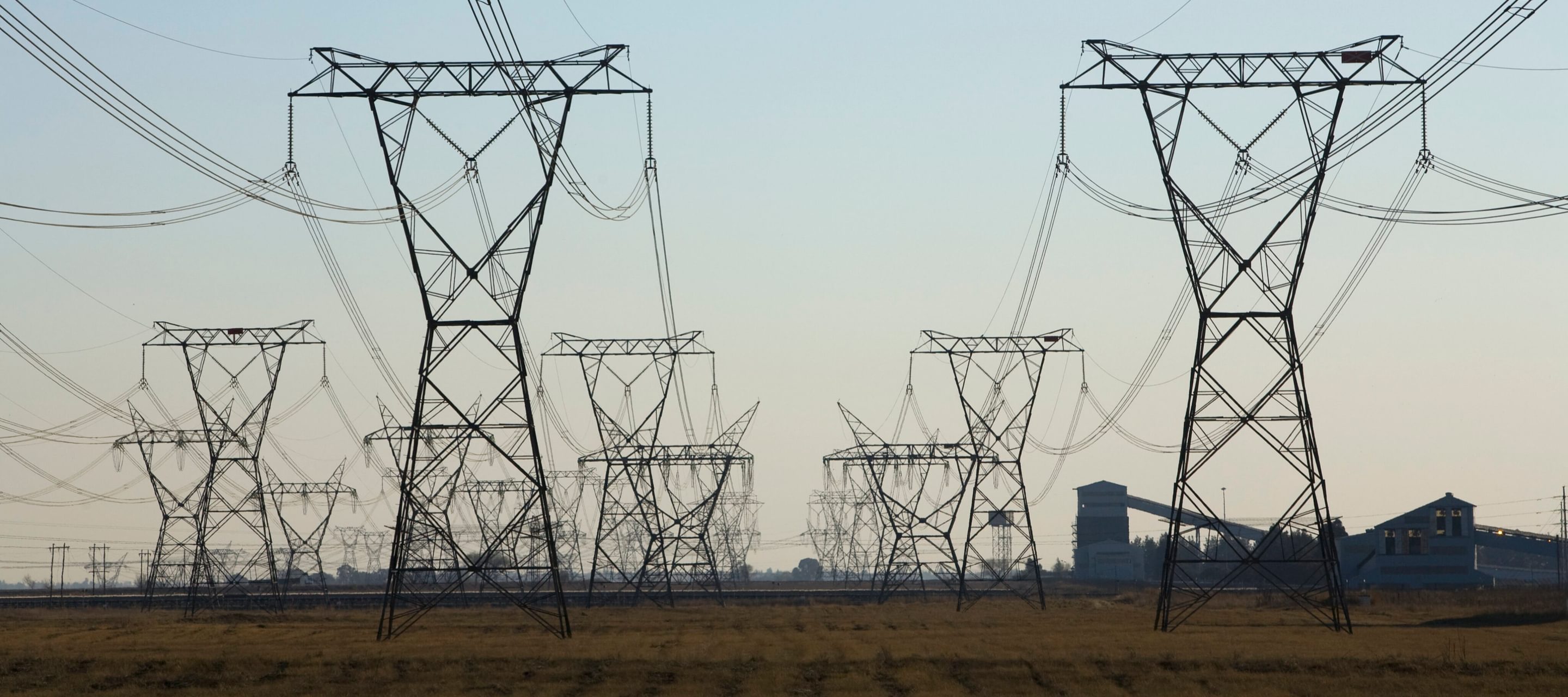Report recommends how businesses can advance, and not undermine, justice in South Africa's energy transition
30 October 2024

IHRB has published a first-of-its-kind comprehensive review into the role of business in South Africa’s plans for a just energy transition - three years on from South Africa securing an initial $8.5 billion in the world’s first Just Energy Transition Partnership (JETP) deal.
Drawing on expert interviews and multistakeholder dialogues over the last 18 months, the report includes critical guidance for policymakers and businesses on the responsibilities of the private sector to embed respect for human rights and justice in South Africa’s energy transition.
‘Shaping a “Just” Business Role in South Africa’s Energy Transition’ concludes that more can be done in South Africa’s comprehensive plans to guide how businesses should advance - and not undermine - the justice ambitions at the heart of the energy transition.
Haley St. Dennis, report author and Head of Just Transitions at IHRB, said:
“South Africa’s unique plans for a just transition away from fossil fuels are ambitious, not only to transform the energy system but to catalyse economic diversification while addressing South Africa’s triple challenge of persistent poverty, inequality, unemployment as well as addressing historic injustices. South Africa’s initial blueprints provide vital insight for all future just energy transitions worldwide.
“But with the transition now moving from design stage to implementation, this is a critical moment to shine a spotlight on the pivotal role of the private sector when it comes to transitions. For businesses to be transformative vehicles of justice in South Africa, they need greater clarity and guidance. An energy transition is simply not possible without the active involvement of businesses - and there is no chance for a ‘just’ transition without the private sector operating responsibly and accountably.”
Saliem Fakir, Executive Director of the African Climate Foundation, said:
"If a just energy transition is truly achievable anywhere, then South Africa is going to be one of the best possible proof points. This report demonstrates how the country is already navigating the complexities of a decarbonisation that ambitiously targets environmental, economic, and societal transformation - and provides actionable next steps to help policymakers and businesses reflect on their role in advancing the justice dimensions pragmatically and with purpose.”
South Africa is at the global vanguard of a twin challenge facing many nations: how to mobilise huge sums of capital towards climate action, whilst ensuring the social impacts are as fair and equitable as possible. Its ambition and innovation enabled it in 2021 to negotiate the first-ever Just Energy Transition Partnership (JETP) deal. Securing an initial $8.5 billion from an International Partners Group of five donor governments (the EU, France, Germany, the UK, and USA), this paved the way for JETP deals in Indonesia, Vietnam, and Senegal.
This report draws on the well-established business and human rights framework, the UN Guiding Principles on Business and Human Rights (UNGPs), to identify gaps and spotlight opportunities in South Africa’s detailed just transition planning, including:
- actionable guidance for policymakers and businesses on how the private sector can advance a decarbonisation that also addresses socio-economic inequalities and historic injustices.
- how businesses and policymakers can use the UNGPs as a practical and effective tool to navigate the risks, opportunities, and trade-offs of a 'just' energy transition.
- a series of practical questions for government, business and the financial sector to consider when developing transition practices that deliver procedural, distributive and restorative justice.



